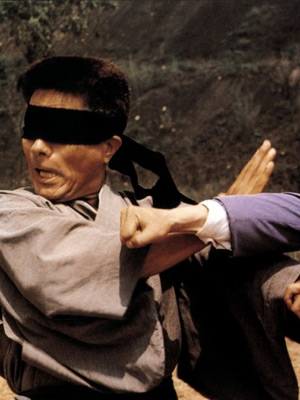 You’ve spent years developing your craft and you’ve seen firsthand that development is a series of gradually increasing plateaus punctuated by short bursts of growth. As time goes by major spikes in growth are harder and harder to come by. How do you push through sticking points? Try teaching what you know.
You’ve spent years developing your craft and you’ve seen firsthand that development is a series of gradually increasing plateaus punctuated by short bursts of growth. As time goes by major spikes in growth are harder and harder to come by. How do you push through sticking points? Try teaching what you know.
There’s no better way to learn about yourself than by teaching others - sharing all that accumulated knowledge that's banging around in your head, all the techniques you take for granted, all that amazing stuff you can do blindfolded with your hands tied behind your back.
What's second nature to you may be a complete mystery to others. And unless you take the time to articulate why do the things you do, your process might be a mystery to yourself. Sometimes the key to unlocking your next growth spurt isn't about what you make, but how you make it. Take some time to get to know yourself.


